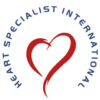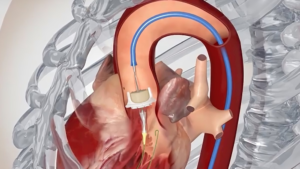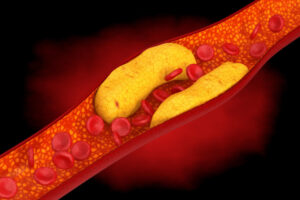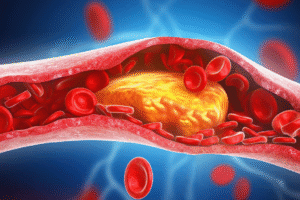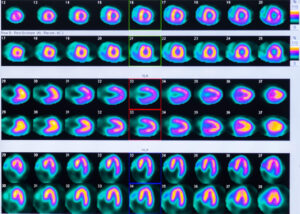Have you ever felt your heart skip a beat, flutter in your chest, or race for no reason?
While it’s normal for your heart rate to change with activity or emotions, frequent or unexplained irregular heartbeats could be a sign that something’s not quite right.
Let’s break down what causes abnormal heart rhythms (also known as arrhythmias), what’s often harmless, and when it’s time to check in with a doctor.
What Is an Abnormal Heart Rhythm?
Your heart runs on a built-in electrical system that controls how fast and regularly it beats. When that electrical signal gets out of sync, your heart may beat too fast (tachycardia), too slow (bradycardia), or irregularly.
Some people notice it as a sudden pounding, fluttering, or even a pause in their chest. Others feel dizzy, tired, or short of breath.
Not all irregular heartbeats are dangerous, but some can increase the risk of complications like stroke or heart failure, especially if left untreated.
Common Causes of Irregular Heartbeats
Some rhythm changes are temporary and caused by lifestyle factors, while others are linked to underlying heart conditions. Here are a few triggers:
1. Stress and Anxiety
When you’re stressed or anxious, your body releases hormones that can temporarily raise your heart rate or trigger palpitations.
2. Too Much Caffeine or Alcohol
Excessive caffeine or alcohol intake can overstimulate the heart and disrupt its rhythm.
3. Electrolyte Imbalance
Minerals like potassium, calcium, and magnesium help control your heartbeat. If these are too low or high, your rhythm can be affected.
4. Medications or Supplements
Some cold medicines, asthma inhalers, and herbal supplements can affect heart rhythm, especially if taken in high doses.
5. Underlying Medical Conditions
- High blood pressure
- Thyroid disorders
- Diabetes
- Sleep apnoea
- Heart valve issues or scarring from a previous heart attack
In these cases, arrhythmias may be more persistent or signal a deeper issue with the heart’s structure or function.
When to Worry: Red Flags to Watch For
An occasional flutter after coffee or during a stressful meeting isn’t unusual. But see a doctor if you notice:
- Frequent palpitations that last more than a few seconds
- Episodes of light-headedness or fainting
- Chest discomfort or tightness
- Unexplained fatigue or breathlessness
- A racing heart that happens at rest or during sleep
If these symptoms happen more than once or interfere with your daily life, it’s time to get checked.
How Irregular Heartbeats Are Diagnosed
Your doctor may recommend tests to monitor your heart rhythm over time. These may include:
- Electrocardiogram (ECG) – A quick, painless test in the clinic
- 24–48 Hour ECG (Holter monitor) – A wearable device that tracks rhythm as you go about your day
- Stress Test – Measures how your heart performs during exercise
- Echocardiogram – A scan that shows your heart’s structure and how well it’s pumping
These tests help identify if your arrhythmia is harmless, or if it needs further management.
What You Can Do
If you’ve been told you have an irregular heartbeat, or if you suspect something’s off, here are a few practical steps:
- Cut down on caffeine, alcohol, and smoking
- Manage stress through breathing exercises or gentle movement
- Keep chronic conditions like high blood pressure or diabetes under control
- Talk to your doctor before starting new medications or supplements
- Stay active, but always within your safe limits
Speak to a Heart Specialist if You’re Unsure
Not every flutter or skipped beat means trouble, but it’s better to know for sure.
At Heart Specialist International, Dr Paul Ong sees many patients with unexplained heart rhythm changes. Whether your symptoms are mild or you have other risk factors, a personalised assessment can help bring clarity and peace of mind.
Book a Heart Rhythm Check-Up Today
If your heart feels like it’s dancing to its own beat, don’t guess. Get it checked.
Schedule a consultation with Dr Paul Ong at Heart Specialist International to understand what your heart rhythm is telling you and whether it needs closer monitoring.
